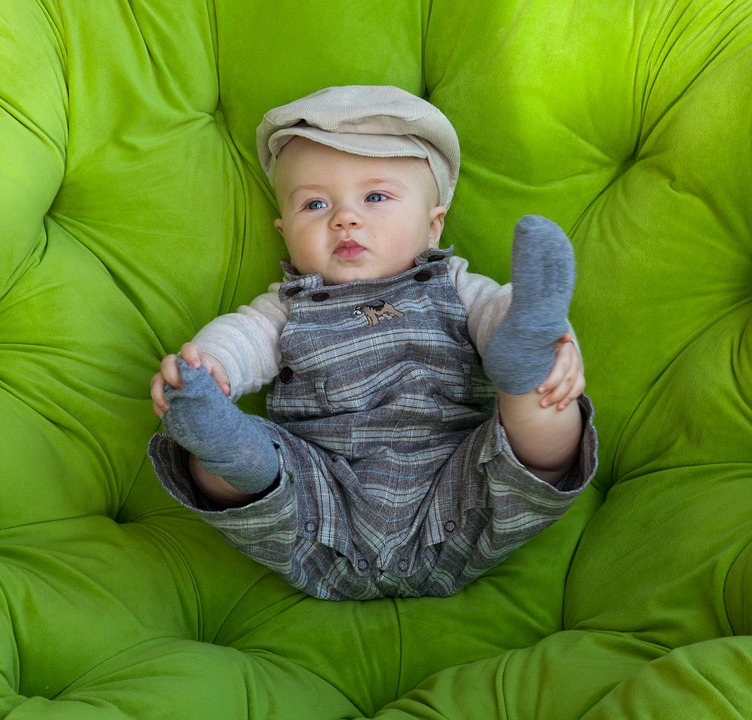 All the sleep advice on Google was just not working for Rose; her baby was still waking every 2 hours.
All the sleep advice on Google was just not working for Rose; her baby was still waking every 2 hours.
Rose was exhausted searching the internet for help on her son’s sleep problem; she felt she had tried everything to help her 7 month old son, Ben sleep better. He had regressed from waking twice a night at 3 months to waking every 2 hours at least as a 6 month old.
What if it’s not just a sleep problem?
Rose felt she had read everything about sleep and tried several different sleep training techniques with Ben as described in books and on reputable internet sites with no success whatsoever. The sleep deprivation was having a huge impact upon family life and Rose couldn’t find a way to make it better, “we were losing confidence in being able to deal with Ben at night” and she started to worry that it might not just be a sleep problem.
I need to speak to a health professional
Rose felt that she needed to find a sleep consultant with a medical background who would have the experience to tackle Ben’s frequent waking issue. “The website suggested that techniques used by Millpond were the most up to date and evidence based, and that Millpond trained NHS staff, so we would be getting help from reputable, highly qualified people”.
Underlying medical issue identified
Rose started working on her consultant’s plan for Ben and she found her approach supportive and gentle; but most importantly she was able to assure Rose and tell her that Ben’s problem was not just behavioural, but medical. “Juliet was able to point us to where to get help and was very flexible about the timetable, to allow us to seek some medical help before continuing with the sleep training consultations”.
Ben started to sleep through
Rose is now delighted that Ben’s night waking has improved, and he has even slept through for several nights. Ben still has to see various consultants to get his tummy and skin issues under control, but Rose feels, “we feel more confident about identifying what he needs if he wakes at night and we know there is an end in sight”.
